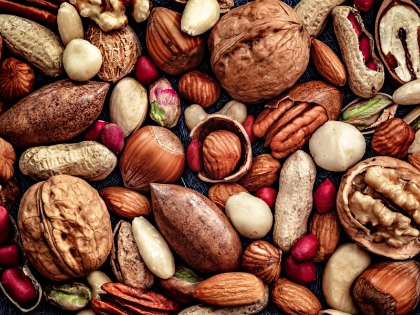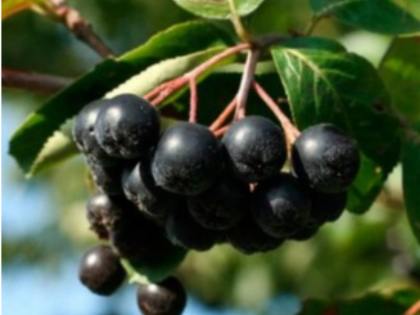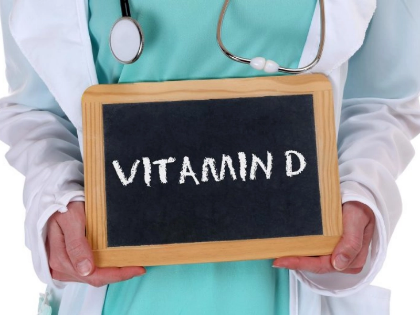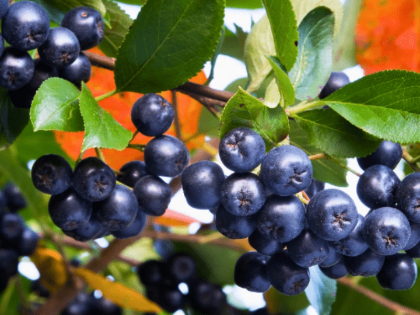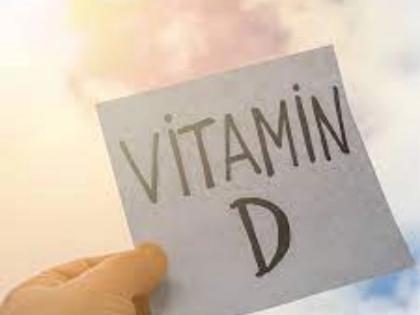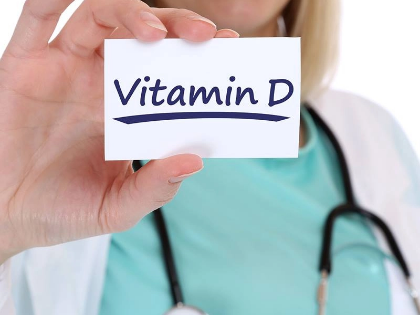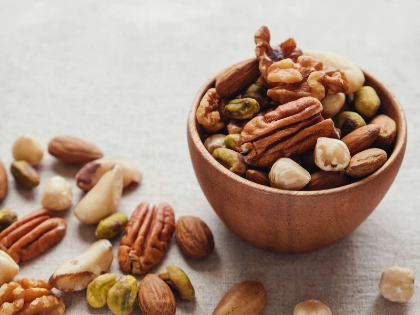The Connection Between Vitamin K and Longevity
1. Know about vitamin K. Essential for many body processes, vitamin K is a fat-soluble vitamin, especially important for bone health and blood clotting. Found in green leafy vegetables, K1 (phylloquinone) and K2 (menaquinone), it exists in two main forms: fermented foods and animal products. Although both forms are important, new studies show that Vitamin K2 has a special ability to support general health and lifespan.
2. Vitamin K's Part in Bone Health Among the most important advantages of vitamin K is its support of bone health. Vitamin K guarantees that calcium is deposited in bones instead of soft tissues by helping control calcium in blood and bone-related tissues. Maintaining bone density and lowering the risk of fractures—especially in elderly persons—rely on this control. Studies indicate that enough vitamin K can help to increase bone mineralization, thus supporting longevity by avoiding osteoporosis and associated problems.
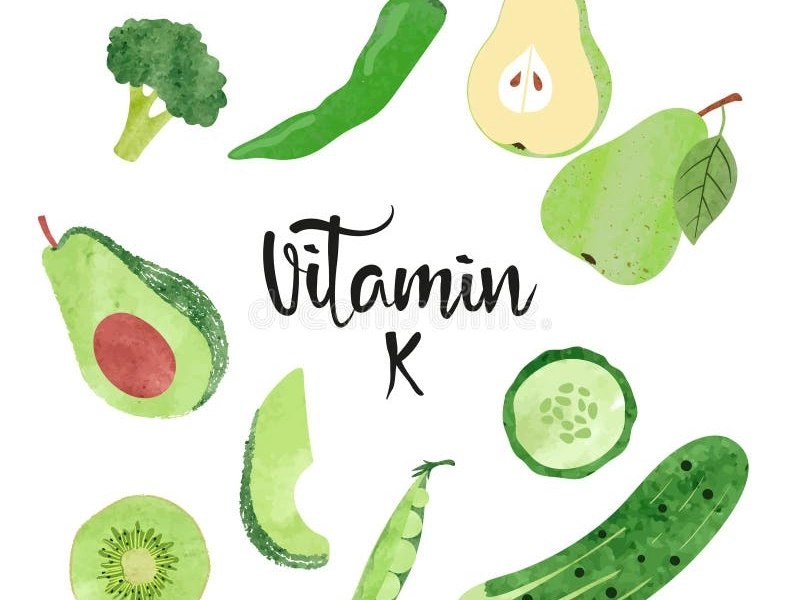
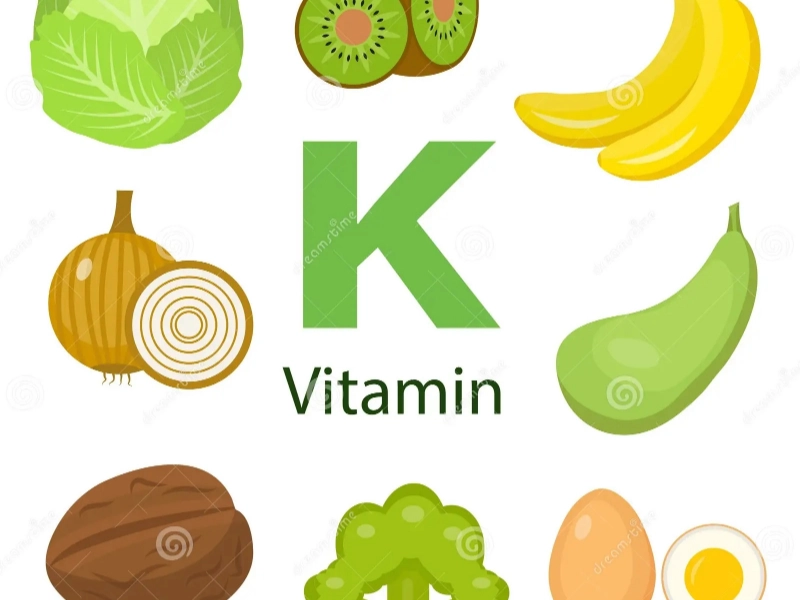 4. Anti-inflammation characteristics Among the several age-related disorders, including heart disease, diabetes, and cancer, chronic inflammation is well-known as a cause. Anti-inflammatory qualities of vitamin K have been demonstrated, therefore helping to lower bodily inflammation. Reducing chronic inflammation could help Vitamin K reduce the likelihood of acquiring certain diseases and hence encourage a longer, better life.
4. Anti-inflammation characteristics Among the several age-related disorders, including heart disease, diabetes, and cancer, chronic inflammation is well-known as a cause. Anti-inflammatory qualities of vitamin K have been demonstrated, therefore helping to lower bodily inflammation. Reducing chronic inflammation could help Vitamin K reduce the likelihood of acquiring certain diseases and hence encourage a longer, better life.
 5. Brain Health and Cognitive Function New studies point to vitamin K's possible involvement in brain health and cognitive ability. According to several studies, older persons' memory and cognitive ability improve in line with suitable levels of vitamin K. Through supporting the health of brain cells and lowering oxidative stress, this vitamin might help defend against neurodegenerative illnesses, including Alzheimer's. Maintaining cognitive ability allows Vitamin K to help us age with a higher quality of life.
6. Providers of Vitamin K Including a range of items in your diet can help you get the advantages of vitamin K. Excellent providers of vitamin K1 are green leafy foods, including broccoli, kale, and spinach. Think about including some cheeses, sauerkraut, and natto—fermented foods high in vitamin K2—into your meals. Additionally offering Vitamin K2 are animal items such as liver and egg yolks. Rich in these foods, a balanced diet helps guarantee enough vitamin K intake for best health and lifespan.
7. Suggested Consumption and Supplementation Vitamin K intake advised daily changes depending on age and gender. Adults are advised generally to consume between 90 and 120 micrograms daily. Although most people can get enough Vitamin K from a healthy diet, certain people—especially those on particular drugs or with certain medical conditions—may find advantage from supplements. See a medical practitioner to assist in ascertaining the best course of action to satisfy your vitamin K requirements.
8. Vitamin K Research's Prospect Scientists are investigating more general effects of vitamin K on health and lifespan as their work develops. Constant research seeks to elucidate the ways in which vitamin K affects different biological systems and its possible function in avoiding age-related disorders. Knowing these links can inspire fresh dietary advice and treatments meant to increase lifespan and quality of life.
Research revealing Vitamin K's essential involvement in bone health, cardiovascular function, and inflammation reduction makes the link between Vitamin K and lifespan progressively evident. Including foods high in vitamin K will help you boost your general health and maybe extend your life. As our knowledge of this vital mineral grows, it is clear that Vitamin K is a major actor in extending a longer, better life.
5. Brain Health and Cognitive Function New studies point to vitamin K's possible involvement in brain health and cognitive ability. According to several studies, older persons' memory and cognitive ability improve in line with suitable levels of vitamin K. Through supporting the health of brain cells and lowering oxidative stress, this vitamin might help defend against neurodegenerative illnesses, including Alzheimer's. Maintaining cognitive ability allows Vitamin K to help us age with a higher quality of life.
6. Providers of Vitamin K Including a range of items in your diet can help you get the advantages of vitamin K. Excellent providers of vitamin K1 are green leafy foods, including broccoli, kale, and spinach. Think about including some cheeses, sauerkraut, and natto—fermented foods high in vitamin K2—into your meals. Additionally offering Vitamin K2 are animal items such as liver and egg yolks. Rich in these foods, a balanced diet helps guarantee enough vitamin K intake for best health and lifespan.
7. Suggested Consumption and Supplementation Vitamin K intake advised daily changes depending on age and gender. Adults are advised generally to consume between 90 and 120 micrograms daily. Although most people can get enough Vitamin K from a healthy diet, certain people—especially those on particular drugs or with certain medical conditions—may find advantage from supplements. See a medical practitioner to assist in ascertaining the best course of action to satisfy your vitamin K requirements.
8. Vitamin K Research's Prospect Scientists are investigating more general effects of vitamin K on health and lifespan as their work develops. Constant research seeks to elucidate the ways in which vitamin K affects different biological systems and its possible function in avoiding age-related disorders. Knowing these links can inspire fresh dietary advice and treatments meant to increase lifespan and quality of life.
Research revealing Vitamin K's essential involvement in bone health, cardiovascular function, and inflammation reduction makes the link between Vitamin K and lifespan progressively evident. Including foods high in vitamin K will help you boost your general health and maybe extend your life. As our knowledge of this vital mineral grows, it is clear that Vitamin K is a major actor in extending a longer, better life.
